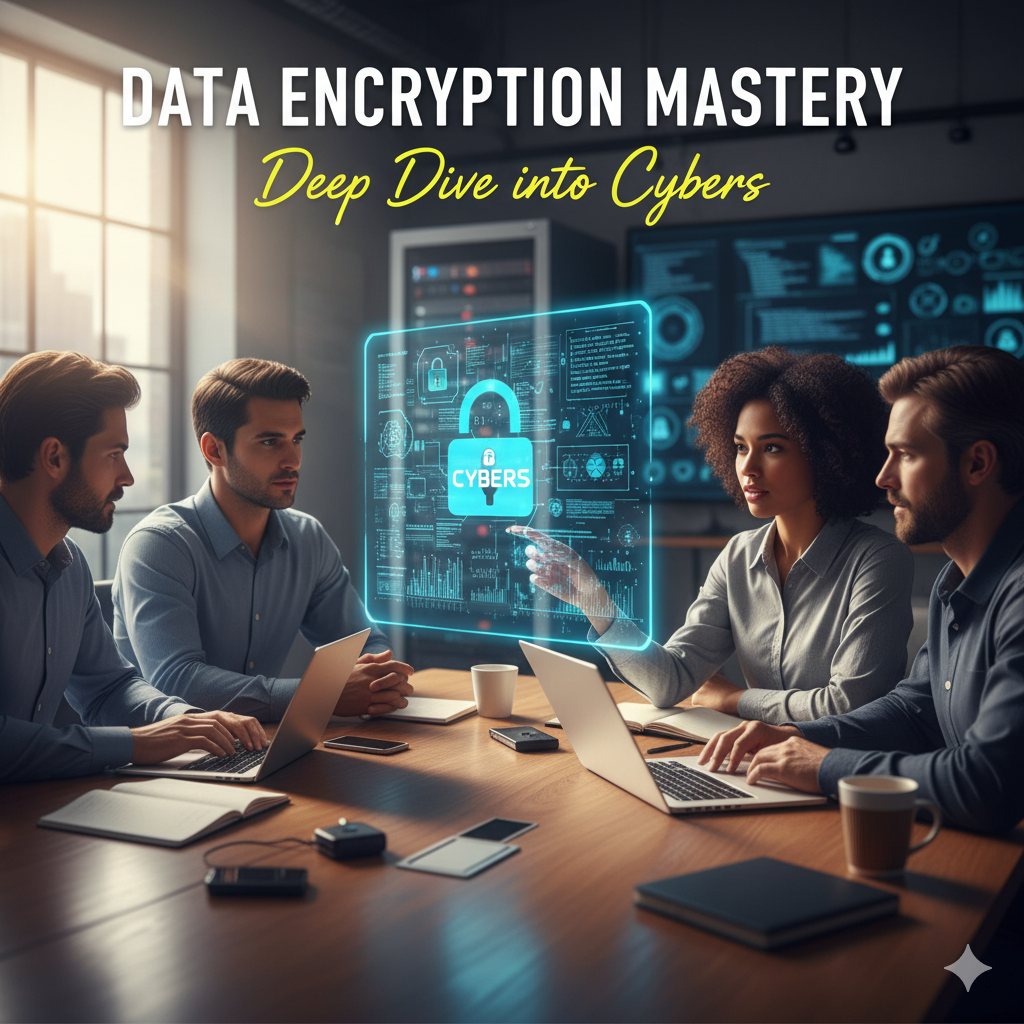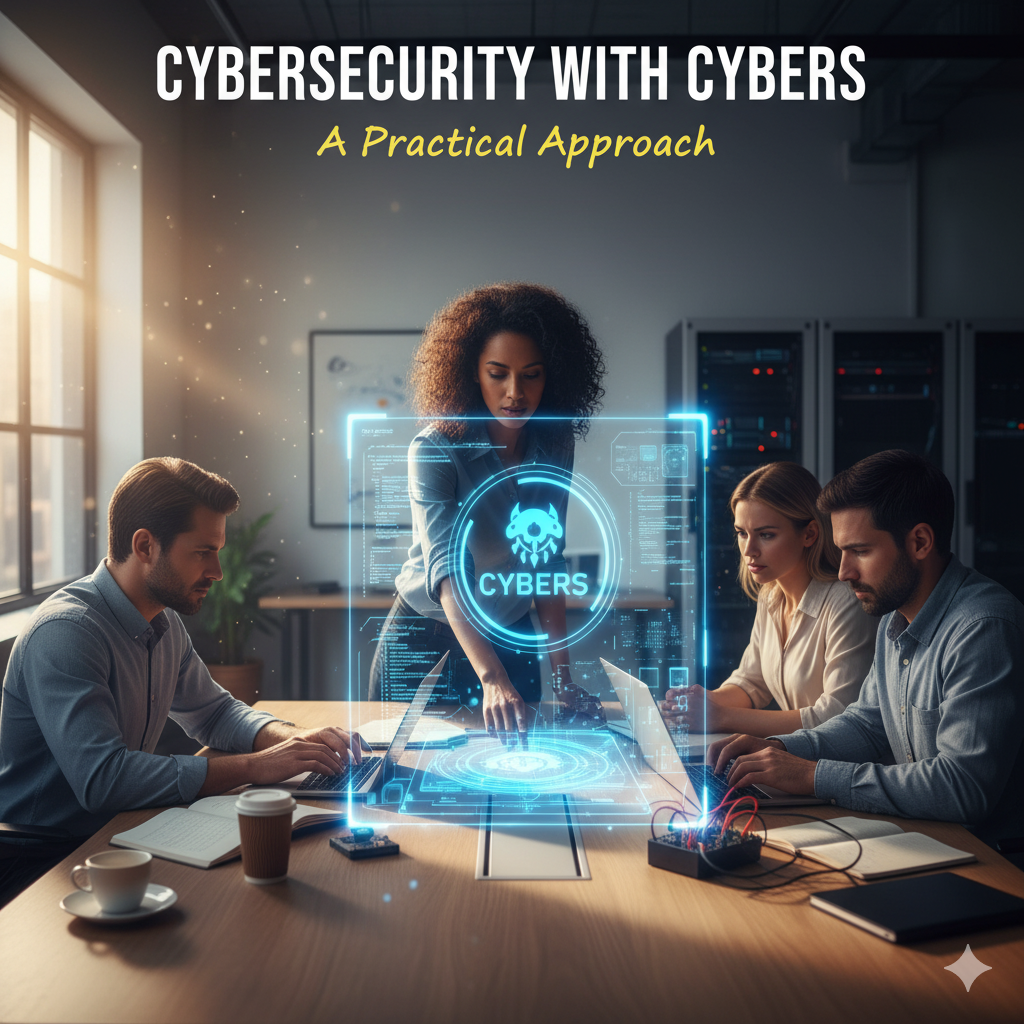Currently Empty: $0.00
Share This Course
01
Introduction
Introduction
02
Objectives
Objectives
03
Who Should Attend?
Who Should Attend?
04
Training Method
Training Method
05
Course Outline
Course Outline
The dual crises of climate change and environmental degradation demand a fundamental transformation of our global energy systems. While the shift to renewable energy is critical for reducing greenhouse gas emissions, it must be pursued in a way that also protects and enhances our natural world. This course, “Renewable Energy and Sustainable Environment,” provides a holistic exploration of this essential balance. It moves beyond the technical specifications of solar panels and wind turbines to examine the full lifecycle environmental impact of renewable technologies and their role within a broader framework of ecological sustainability.
Participants will investigate not only the benefits but also the potential environmental trade-offs of renewable energy development, from resource extraction and manufacturing to deployment and decommissioning. Through a blend of science, policy analysis, and ethical inquiry, this course empowers professionals and advocates to champion energy solutions that are truly sustainable—solutions that mitigate climate change while conserving biodiversity, protecting water resources, and promoting social equity. This is where clean energy meets a healthy planet.
Upon successful completion of this course, participants will be able to:
-
Articulate the critical relationship between renewable energy deployment and the achievement of broader environmental sustainability goals, including the UN Sustainable Development Goals (SDGs).
-
Evaluate the full lifecycle environmental impact of major renewable energy technologies (solar, wind, hydro, biomass, geothermal).
-
Analyze key environmental trade-offs, such as land use, water consumption, material sourcing, and impacts on wildlife and ecosystems.
-
Apply sustainability frameworks and principles like the circular economy to renewable energy project design and siting.
-
Identify and advocate for best practices and innovative solutions that minimize environmental footprint and maximize positive ecological outcomes.
-
Develop strategies for ensuring that the energy transition is just, equitable, and beneficial for both people and the planet.
This course is designed for a wide range of professionals who operate at the intersection of energy, environment, and policy:
-
Environmental Scientists and Ecologists
-
Sustainability Officers and ESG Professionals
-
Renewable Energy Project Developers and Planners
-
Policy Makers and Environmental Regulators
-
Urban Planners and Land Use Managers
-
Corporate Social Responsibility (CSR) Managers
-
Environmental Consultants and NGO Staff
-
Students of environmental science, engineering, or policy
• Pre-assessment
• Live group instruction
• Use of real-world examples, case studies and exercises
• Interactive participation and discussion
• Power point presentation, LCD and flip chart
• Group activities and tests
• Each participant receives a binder containing a copy of the presentation
• slides and handouts
• Post-assessment
Day 1: The Foundation: Energy, Climate, and Planetary Health
-
Morning Session: The Dual Imperative
-
The Climate Crisis: The scientific basis for rapid decarbonization.
-
The Biodiversity and Ecological Crisis: Going beyond carbon to protect ecosystems.
-
Defining “Sustainable” in the Context of Energy.
-
-
Afternoon Session: Frameworks for Sustainability
-
The UN Sustainable Development Goals (SDGs) as a guiding framework.
-
Lifecycle Assessment (LCA) Methodology: How to measure environmental impact from cradle to grave.
-
Workshop: Map the connections between renewable energy and specific SDGs.
-
Day 2: Technology Deep Dive: Environmental Costs and Benefits
-
Morning Session: Solar and Wind
-
Solar PV: Lifecycle analysis of manufacturing, water use, and end-of-life recycling.
-
Wind Power: Impacts on avian and bat populations, habitat disruption, and material use.
-
Best Practices in siting and mitigation.
-
-
Afternoon Session: Hydro, Biomass, and Geothermal
-
Hydropower: Ecosystem fragmentation, methane emissions, and community displacement.
-
Biomass: Carbon neutrality debate, land use change, and air quality.
-
Geothermal: Water usage, subsurface impacts, and emissions.
-
Case Study: Compare the lifecycle carbon footprint of different renewable technologies.
-
Day 3: Critical Cross-Cutting Issues
-
Morning Session: The Material Foundation
-
Critical Mineral Mining: Lithium, cobalt, rare earths—addressing sourcing ethics and environmental justice.
-
The Circular Economy Solution: Designing for recycling, reuse, and repair in the renewables industry.
-
-
Afternoon Session: Land and Water
-
Land-Use Conflicts: Food vs. fuel, conservation vs. development.
-
Agrivoltaics and Dual-Use Solutions: Co-locating agriculture and solar generation.
-
Water-Energy Nexus: The water footprint of energy production.
-
Debate: Discuss the siting of a large-scale solar farm on agricultural vs. brownfield land.
-
Day 4: Policy, Planning, and Justice
-
Morning Session: Governance for Sustainable Outcomes
-
Effective Policy Tools: Environmental Impact Assessments (EIA), zoning, and conservation incentives.
-
International Agreements and National Strategies.
-
-
Afternoon Session: Ensuring a Just Transition
-
Environmental Justice: Ensuring equitable distribution of benefits and avoidance of burdens.
-
Community Engagement and Indigenous Rights in project development.
-
Workshop: Develop a community engagement plan for a proposed renewable project.
-
Day 5: Synthesis and Future Pathways
-
Morning Session: Integrated Solutions and Innovation
-
System-Level Thinking: Designing integrated energy systems that work with natural systems.
-
Emerging Technologies: Green hydrogen, advanced recycling, and low-impact renewables.
-
-
Afternoon Session: Capstone Project
-
Final Assignment: Develop a proposal for a “Model Sustainable Renewable Energy Project.” The proposal must include technology choice, siting rationale, environmental mitigation plan, and a community benefits agreement.
-
Presentation and Peer Review.
-
Course Recap: The Path to a Truly Sustainable Energy Future.
-
Certification of Completion.
-
- Course Details
- Address
Damascus
- Location
- Phone
+963 112226969
- Fees
300 $
More Course

Cloud Mastery Build Deploy Scale #259011
Fees : $ 300

Data Encryption Mastery Deep Dive into Cybers #259010
Fees : $ 300
Start Date : December 14, 2026
End Date : December 18, 2026
Type Of Course : Offline Course
Location : Damascus
Course Category : Cyber Security & Technology

Data Encryption Mastery Deep Dive into Cybers #259010
Fees : $ 300
Start Date : July 27, 2026
End Date : July 31, 2026
Type Of Course : Offline Course
Location : Damascus
Course Category : Cyber Security & Technology

Data Encryption Mastery Deep Dive into Cybers #259010
Fees : $ 300
Start Date : March 9, 2026
End Date : March 13, 2026
Type Of Course : Offline Course
Location : Damascus
Course Category : Cyber Security & Technology

Cybersecurity with Cybers A Practical Approach #259009
Fees : $ 300
Start Date : December 7, 2026
End Date : December 11, 2026
Type Of Course : Offline Course
Location : Damascus
Course Category : Cyber Security & Technology

Cybersecurity with Cybers A Practical Approach #259009
Fees : $ 300
Start Date : July 20, 2026
End Date : July 24, 2026
Type Of Course : Offline Course
Location : Damascus
Course Category : Cyber Security & Technology

Cybersecurity with Cybers A Practical Approach #259009
Fees : $ 300
Start Date : March 2, 2026
End Date : March 6, 2026
Type Of Course : Offline Course
Location : Damascus
Course Category : Cyber Security & Technology

Real World Cyber Security Hands On Training #259008
Fees : $ 300
Start Date : November 30, 2026
End Date : December 4, 2026
Type Of Course : Offline Course
Location : Damascus
Course Category : Cyber Security & Technology

Real World Cyber Security Hands On Training #259008
Fees : $ 300
Start Date : July 13, 2026
End Date : July 17, 2026
Type Of Course : Offline Course
Location : Damascus
Course Category : Cyber Security & Technology

Real World Cyber Security Hands On Training #259008
Fees : $ 300
Start Date : February 23, 2026
End Date : February 27, 2026
Type Of Course : Offline Course
Location : Damascus
Course Category : Cyber Security & Technology

future centre Join our platform to access flexible learning, expert instructors, and industry-relevant courses designed to help you succeed in your career
Categories
© Copyright 2026 Future Centre | All Rughts Reserved
Sign In
or sign in with email
The password must have a minimum of 8 characters of numbers and letters, contain at least 1 capital letter
Years of experience in teaching
Choose your academic specialty
Country/Region
Your Address
Your Address
Upload Your Resume
Upload file
Supported file formats
Drag file here or click the button.
.png, .jpg, .jpeg, .mp4, .pdf
Uploading...
Terms & Conditions
By selecting this option, you confirm that you agree to the Terms and Conditions

